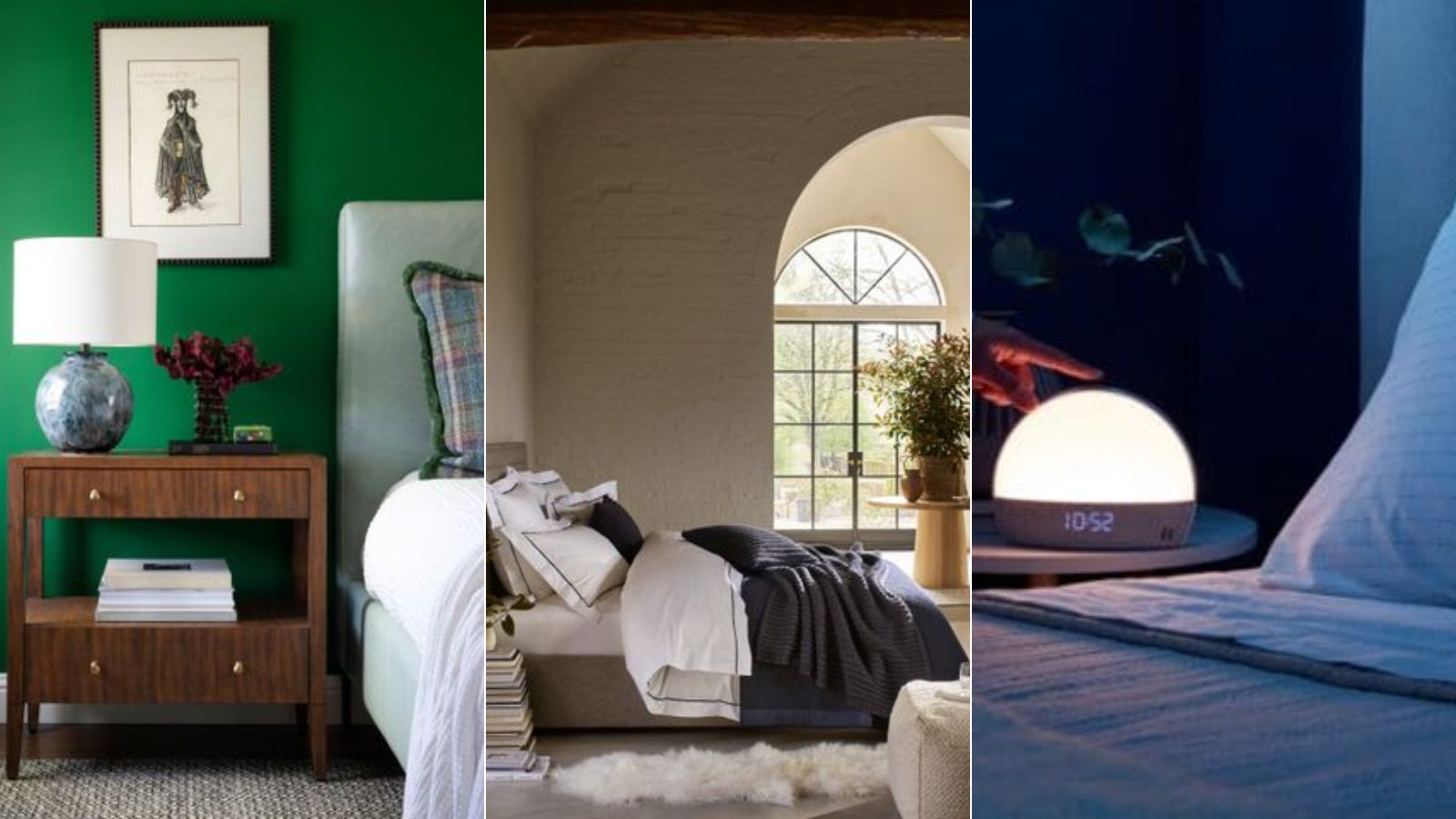
The importance of sleep cannot be understated, and new technologies are emerging that provide promising tools for tracking and improving sleep.
Whether you are having trouble sleeping, want to feel more energized during the day, or simply want a better understanding of your sleep patterns so you can fix your sleep schedule, these technologies are the bedroom tricks that can make sleep simpler.
We consulted with sleep and tech experts to find out which technologies they recommend and why. Below, we've listed the intelligent tracking devices that offer valuable insights to enhance your sleep hygiene alongside ambient technology designed to create an environment that is physically and psychologically conducive to sleep.
Innovative bedroom technologies
'Healthy sleep relies on holistic lifestyle habits,' explains Michael Laauwe, founder of Positive Thinking Mind. 'This means having an optimal mindset, environment, and routine in place.' But some well-chosen tech can help you on your way to a more restful night's sleep.
Technologies for tracking sleep
'Using sleep tracking devices can be beneficial because you can learn more about your sleep habits and if any unknown sleep disruptions are causing poor sleep,' explains Julia Siemen, certified sleep science coach at Sleep Advisor.
'Using this data, you can make constructive tweaks to your routine, from adjusting your sleep environment to establishing better habits – such as reducing late-night screen time, trying to have a consistent sleep schedule, and avoiding large meals and caffeine too close to bedtime.
'Ultimately, sleep tracking helps create better sleep and daytime habits by helping determine the positive and negative aspects of your rest for better sleep consistency.'
1. Smart mattresses with sleep tracking
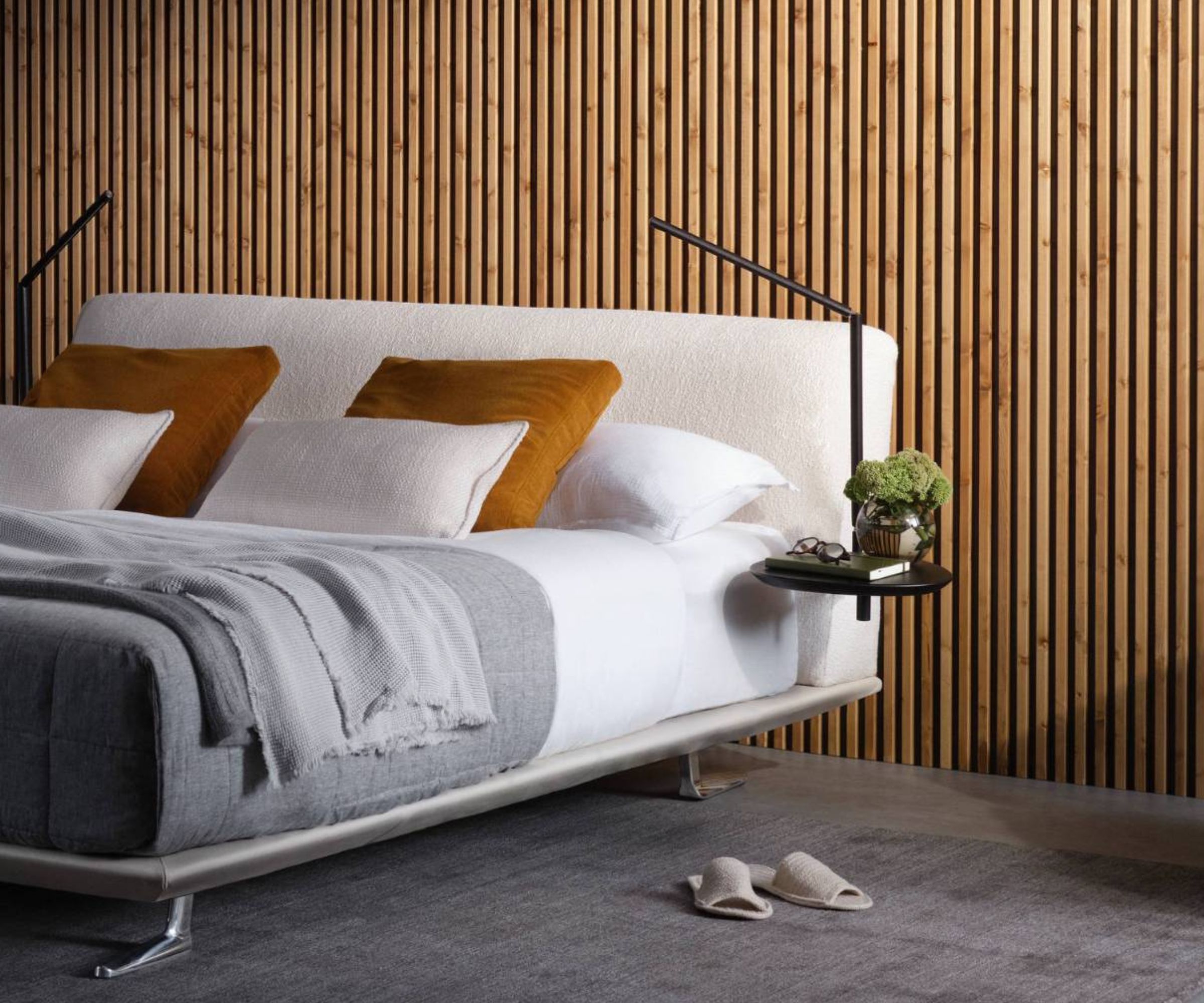
Smart mattresses, such as the Tempur-Pedic Smart Base, don't just take comfort to the next level; they also come equipped with sensors that monitor your sleep patterns, body movements, and even your breathing and heart rates.
With the help of these trackers, you can gain insightful knowledge about your sleep habits and make necessary adjustments to achieve better quality rest.
Another benefit of these mattresses is their customizable settings, such as mattress firmness and temperature. This tech combines both sleep tracking and sleep improving tech, allowing you to utilize data to make changes to the bed itself.
2. Wearable trackers
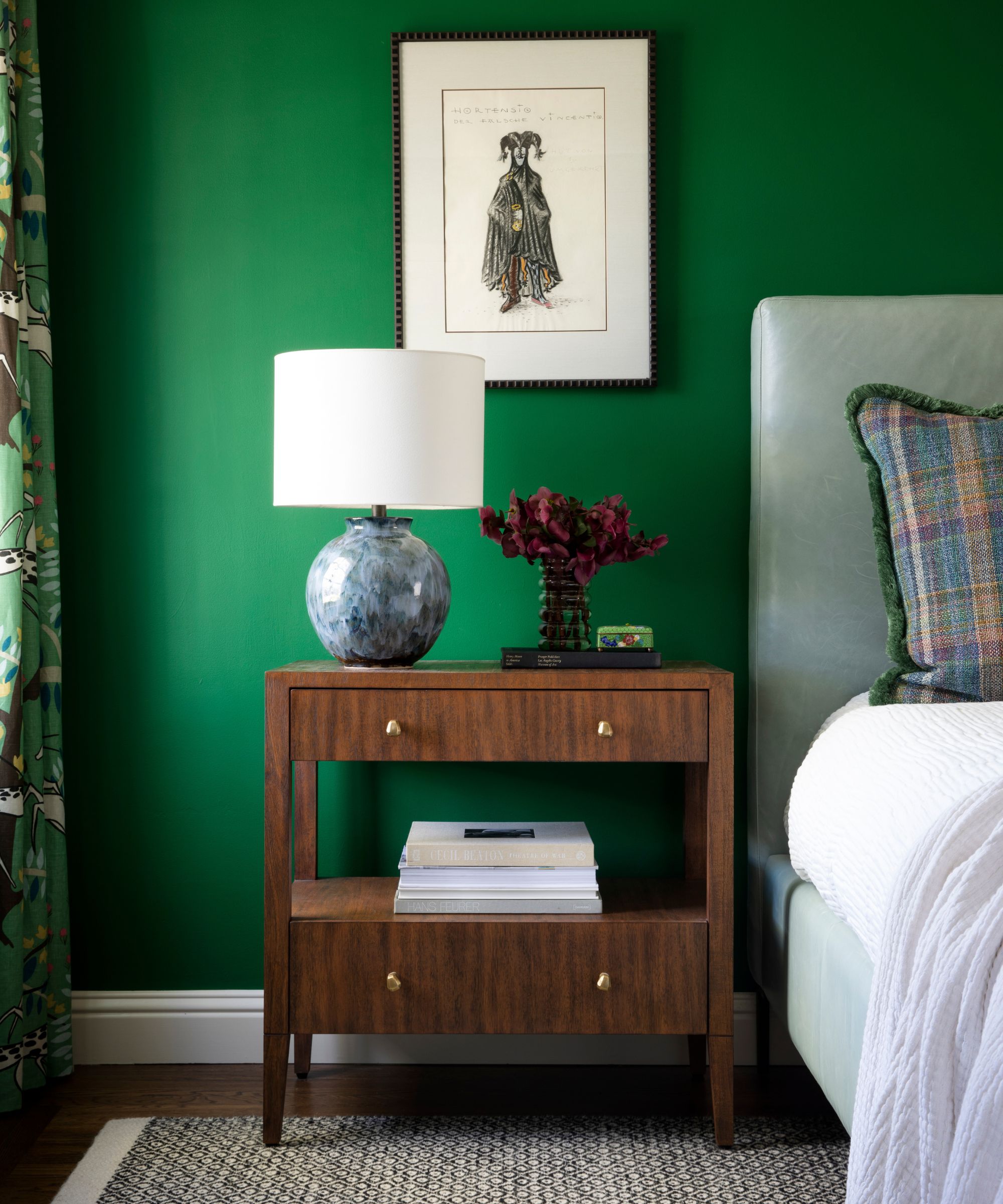
'If you want a more detailed analysis of your sleep patterns, a good smartwatch or dedicated sleep-tracking wearable can help,' says Lucas Coll, consumer tech expert and Founder of Gadget Grab.
'Many smartwatches, like the Apple Watch, have built-in sleep-tracking functions and other health-related features. These can track metrics such as sleep cycles, total resting time, quality of sleep, resting heart rate, and so on.
'This gives you a comprehensive overview of how well you're sleeping, helping you to discern what adjustments you might want to make to your sleep schedule or bedroom environment.'
Additionally, if you want a non-intrusive sleep-tracking device, a ring sleep tracker, like this ULTRAHUMAN ring AIR sleep-tracker, from Amazon, is lightweight and small, making it a more comfortable alternative to a smartwatch.
3. Under-sheet sleep trackers

'I've had a lot of success with under-sheet sleep trackers for unobtrusive sleep monitoring throughout the night,' says Kelly Indah, a tech expert at Increditools.'Products like the Withings Sleep Sensor, from Amazon can slide under your mattress sheet and track metrics like sleep stages, heart rate, breathing disturbances, and snoring.
'Because it sits below the sheet, it prevents any discomfort from wearing a device,' she continues. 'The sensor also provides more advanced tracking than many wearable devices, including the ability to detect sleep apnea. From my experience, these contactless devices are great for those who want robust sleep data without any discomfort or hassle from wearing trackers.'
Technologies for improving sleep
These technologies have been designed to create an environment conducive to better sleep by regulating circadian rhythms, maximizing comfort, and minimizing disruptions that can interfere with falling asleep and having quality sleep.
1. Blue light-blocking lamps
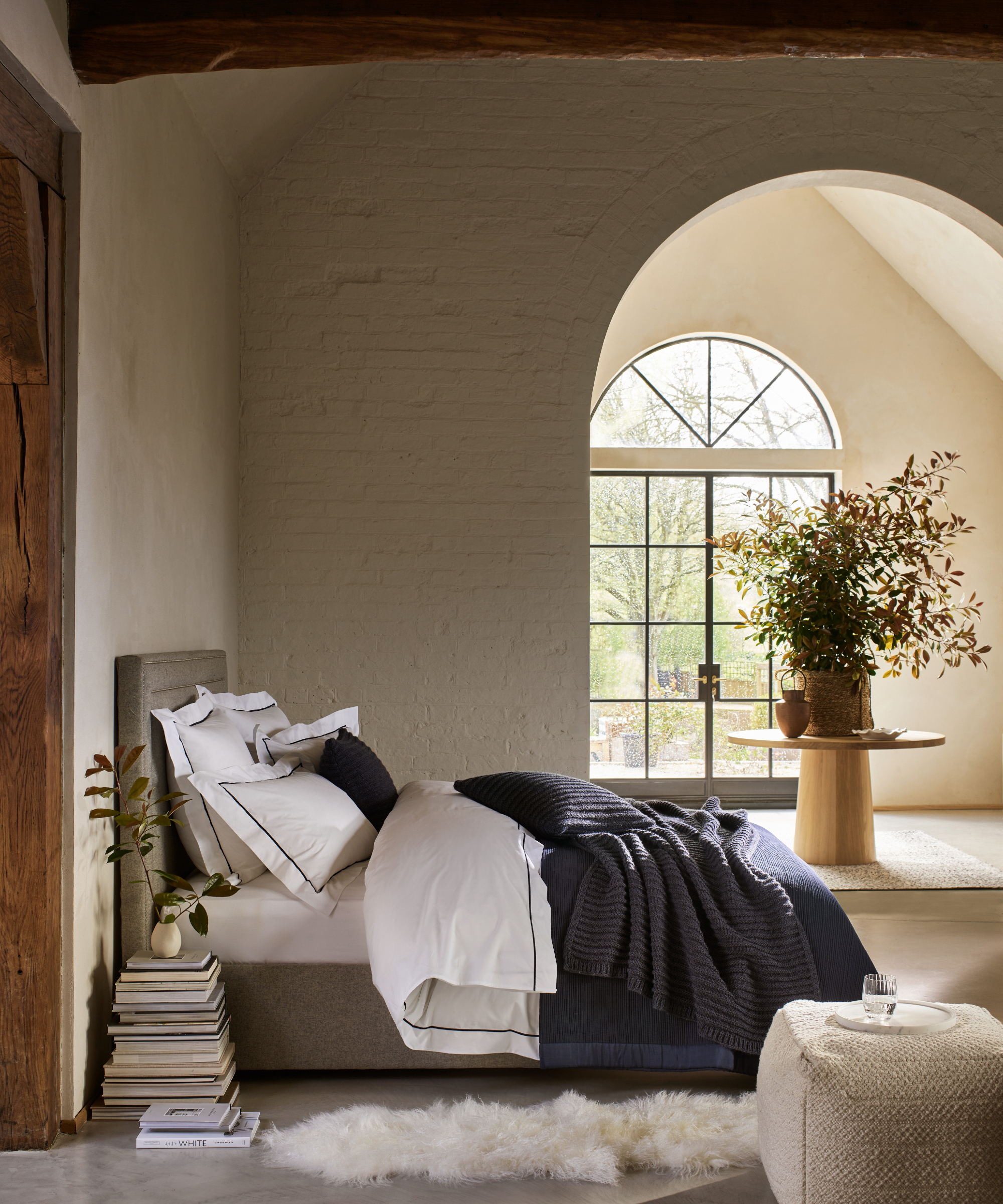
'Blue light-blocking lamps can be extremely helpful for regulating your sleep-wake cycle,' recommends Kelly Indah. 'Blue wavelengths of light suppress natural melatonin production, so limiting blue light exposure in the evenings signals to your body that it's time to wind down and prepare for sleep.
'They also provide customizable scheduling and dimming options to gradually decrease light levels at your chosen bedtime,' she continues. Being able to manually control the lighting environment to match your circadian rhythms is key for improving sleep quality.
'I've found that using smart lamps as part of my bedtime routine to get the best night's sleep for a few hours before bed helps me feel drowsier and fall asleep faster when it's time for bed. The red and yellow-tinted lighting are less disruptive and provide a soothing ambiance without negatively impacting melatonin.'
This hooga blue light blocking red night light is Amazon's top choice.
2. Sunlight alarms
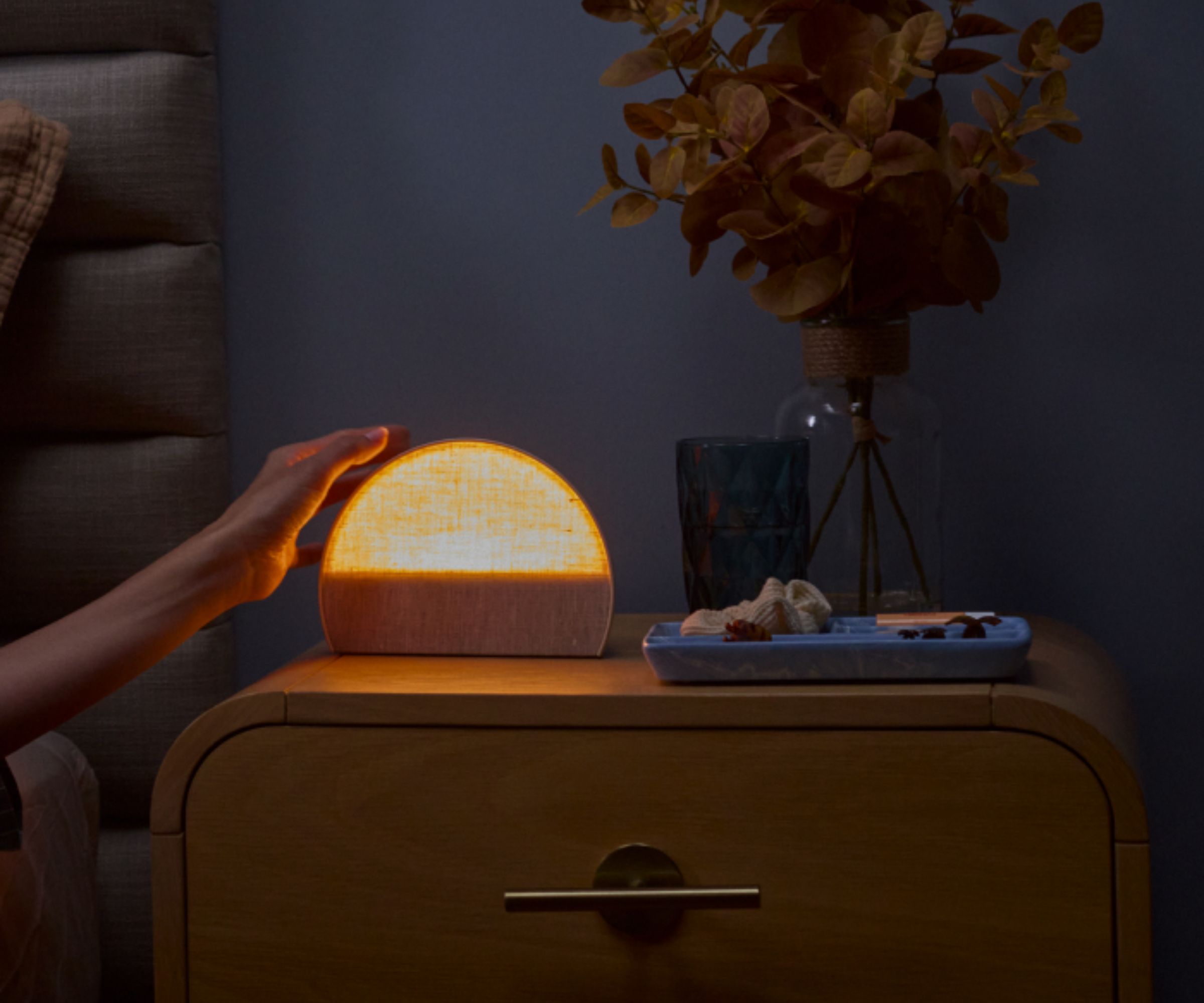
'Studies in the last decade have shown the importance of the circadian rhythm, and it should not be taken lightly,' says Jean-Baptiste Beau, founder and CEO of the dream app, Oniri. 'Many devices can simulate dusk or dawn lights and sounds, and it helps satisfy our natural need for external stimuli.'
'A good sunlight alarm (paired with good curtains) is the best device to improve your sleep quality,' says Lucas Coll.
'The human body isn't naturally wired to wake up to loud artificial noises. So, rather than jolting you awake in the middle of a sleep cycle with an abrupt noise, these alarms emit warm light in increasing intensity before your wake-up time to gently nudge you awake according to your body's natural circadian rhythm.
3. Smart beds
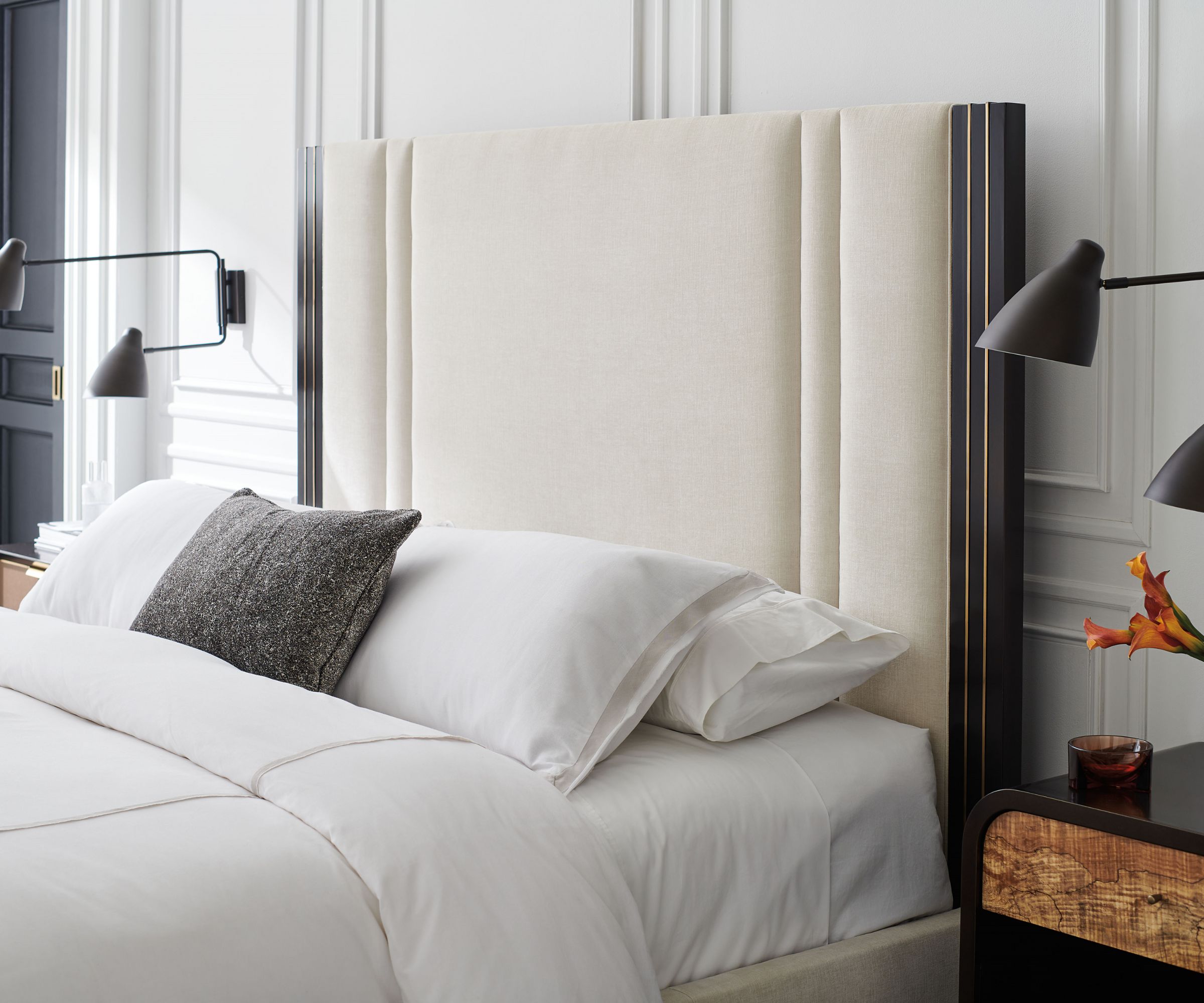
These innovative beds go beyond traditional mattresses by offering customizable adjustments to key factors like temperature, firmness, and elevation, catering to individual preferences and what settings produce the best quality sleep for you according to your sleep tracking.
By adapting to your requirements, smart beds create an optimal sleep environment, promoting relaxation and comfort throughout the night.
'Don’t grow dependent on metrics alone,' advises Michael Laauwe, Founder of Positive Thinking Mind. 'Apply the personalized intel strategically rather than obsessing over scores, using these devices as a stepping stone to better sleep quality. An integrative solution works best - combine sleep hygiene basics, stress relievers, and the occasional digital detox from tech. That's the balanced recipe for deeply recharging sleep.'







